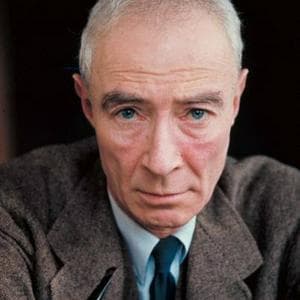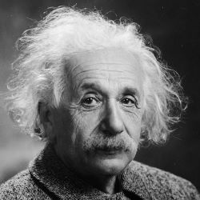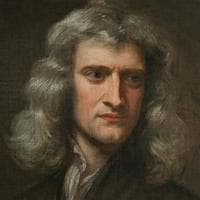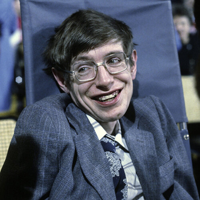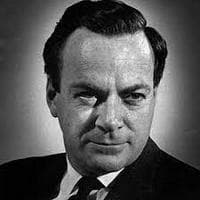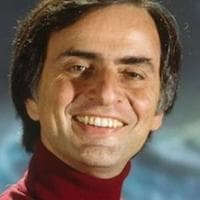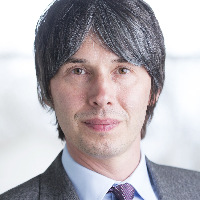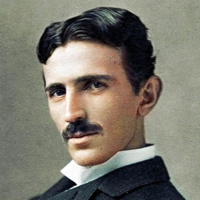J. Robert Oppenheimer MBTI性格类型
性格
"J. Robert Oppenheimer是什么人格? J. Robert Oppenheimer是MBTI中的INTJ人格类型,九型中的5w4 - so/sx - 541,五大类型中的RLOEI,Socionics中ILI类型。"
•—⟩Some Quotes Of Oppenheimer: “My childhood did not prepare me for the fact that the world is full of cruel and bitter things. There must be no barriers to freedom of inquiry. There is no place for dogma in science. The scientist is free, and must be free to ask any question, to doubt any assertion, to seek for any evidence, to correct any errors.” “Now i am become death, the destroyer of worlds.” - Vishnu, Bhagavad Gita (Can't explain don't have that much characters left) "They won't fear it until they understand it, and they won't understand it until they've used it." “There are children playing in the streets who could solve some of my top problems in physics, because they have modes of sensory perception that I lost long ago.” “My childhood did not prepare me for the fact that the world is full of cruel and bitter things.” —⟩•Introverted and at times socially awkward, Oppenheimer continued to write poetry while taking a heavy courseload. Recalling this time Oppenheimer later said, “My feeling about myself was always one of extreme discontent.” Oppenheimer finished his degree in just three years. He struggled with the ethical implications of his scientific contributions. After witnessing the destructive power of the bomb, particularly during the bombings of Hiroshima and Nagasaki, Oppenheimer expressed regret and moral anguish. President Truman kicked him out of the Oval Office After struggling with the weight of the responsibility of the Hiroshima and Nagasaki atomic bombs, Oppenheimer went to the Oval Office to lobby President Truman for tighter regulations on atomic weapons. He told Truman that he had “blood on his hands”. Truman apparently responded “the blood is on my hands, let me worry about that”, before kicking him out of the office and telling him to never come back. He was a pioneer in the field of quantum mechanics At Harvard Oppenheimer excelled academically, graduating in only three years, but made few friends. His letters from this period provide extremely valuable insights into his core qualities. In them Oppenheimer appears in turn erudite, pitiful, accomplished, insecure and pretentious. Monk describes Oppenheimer's early contributions to the applications of quantum theory and his friendship with many of its pioneers including Bohr, Born and Dirac. He quickly established himself as one of the most promising physicists of his generation. Other qualities which were to cause him problems later - his impatience, conceit and arrogance - emerged during his time in Europe. With his quick mind and somewhat underdeveloped social skills Oppenheimer could hurt people as well as intrigue them. But Europe was clearly where he became a confident young scientist out to transform the teaching and practice of physics. Monk's account of Oppenheimer's time as director of Los Alamos as well as the technical and political challenges connected with the bomb is quite readable, although this material has been covered to death in other sources, most notably in Richard Rhodes's seminal book "The Making of the Atomic Bomb". It was astonishing how quickly Oppenheimer transformed himself from being a rarefied intellectual who had not even led a university department to one of the best directors of a vast scientific and engineering enterprise that anyone had ever seen. He was regarded as being intellectually superior to others, even in the midst of the most exalted concentration of intellect the twentieth century had seen until then. He was personally acquainted with thousands of personnel – from Nobel Laureates to janitors – and made them all feel special. He had an almost preternatural ability to masterfully summarize a complex discussion in a few sentences; in his presence other scientists felt smarter and more insightful. Even those who later became his detractors acknowledged his indispensable role in the success of the Manhattan Project. His quick grasp of every issue - from social concerns to the most hands-on engineering problems - and his charm and persuasive powers were on full display here. Oppenheimer got seduced by power. The same charm and persuasion that made him such an effective leader at Berkeley and Los Alamos also made him powerful enemies in the military and the government, most notably Edward Teller and Lewis Strauss. His opposition to the hydrogen bomb, which was ambiguous in any case, was construed by his enemies as evidence of disloyalty or a lapse of judgment at the very least; it did not matter that many other prominent scientists opposed the hydrogen bomb on sound principles, and it also did not matter that Oppenheimer was a proponent of tactical nuclear weapons. On one hand his enemies were simply jealous since they did not have the kind of influence that he had, but they were certainly helped by his arrogance and lack of diplomacy and compromise, not to mention the inconsistencies in the story he had told security officials at Los Alamos.
背景
J. Robert Oppenheimer (April 22, 1904 – February 18, 1967) was an American theoretical physicist and professor of physics at the University of California, Berkeley. Oppenheimer was the wartime head of the Los Alamos Laboratory and is among those who are credited with being the "father of the atomic bomb" for their role in the Manhattan Project - the World War II undertaking that developed the first nuclear weapons.
